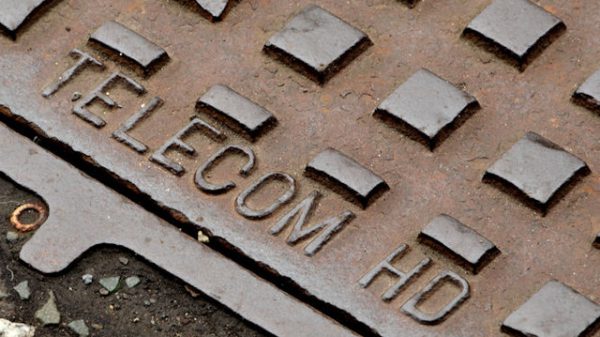In response to a supplementary consultation paper on incentivizing fixed line broadband, Vodafone Idea (Vi) said that such incentives should be technology agnostic and apply to wireless providers too. “5G would bring revolutionary changes and increase wireless broadband speeds thereby, further reducing dependency on fixed-line broadband networks even in urban areas,” Vi said. This would only be true if price-per-GB goes down drastically on 5G networks; for some context, India has some of the cheapest mobile data tariffs in the world in 4G/LTE telecom networks, and there’s still a huge price difference between fixed and wireless broadband, the former being much cheaper, where it is available.
Vi’s perspective on technology-agnostic license fee exemptions is not surprising — the telco, as well as its parent, have been presented with some of the most burdensome taxation and AGR licensing fee demands in the market, leading at times to questions on how the telco will stay solvent. Rs 50,400 crore is reportedly owed by Vi to the government over the coming decade. The Vodafone Group succeeded in quashing a similarly high demand in back taxes of Rs 22,100 crore; the government is challenging that decision.
TRAI put out the supplementary consultation on May 19 after the Department of Telecommunications sent back a reference to the telecom regulator expressing concern that telecom players may use creative accounting to usurp benefits that they wouldn’t by way of creative accounting, and suggested a regime where the incentive for fixed-line broadband is given directly to the customer, à la LPG cylinder direct benefit transfer payments. Jio objected to this system, as did Vi, the latter citing “practical difficulties”.
Vi has a limited fixed-line broadband presence. The company owns YOU Broadband, through which it provides wired broadband, but the size of the operation is very limited, and the telco doesn’t yet offer broadband principally under its own Vi brand name.
‘Floor price needed’
- Institute a floor price: Vi said the government needed to impose a floor tariff on data tariffs. “All TSPs (private and PSUs both) unanimously supported it and floor pricing for data services was sought, as is evident from the comments of various TSPs placed on TRAI’s website. However, there has been no further deliberations and it is pending for conclusion for around 18 months,” Vi argued. TRAI has remained mum on the subject even as Vi and Airtel, both anxious to raise prices, hesitate to be the first to make the move.
- Fixed-line broadband growth limited: “While there has been steady increase in wireless broadband users, number of fixed-line broadband connections have not increased much structurally and organically
except the increase in demand due to pandemic,” Vi said. “In our considered view, segregation of revenue due to converged wireline/wireless services as well converged broadband/content/voice services, will be very challenging and full of issues. There would be concerns of cross-subsidization, direct and indirect influence and gain for content services, misappropriation of revenue etc. and would also lead to non-level playing field as well unjust advantage to operators giving converged services,” the company argued. - RoW issues to be sorted: Right-of-Way issues, which complicate the building of telecom equipment due to issues with local governments, need to be sorted out first, Vi said. “Infrastructure creation will also help increase fiberisation of telecom towers to targeted 85% from existing 35% and support upcoming 5G services, which will radically increase wireless broadband speeds and capabilities. Therefore, RoW issues need to be sorted out on a war-footing basis. This will need stronger legislative sanctity to RoW rules 2016 with minimal administrative charges and engagement with state authorities for onboarding them.
- Practical challenges with broadband DBT: “We support indirect incentive of license fee exemption on the revenue for pure broadband services. Any other approach of incentivizing is full of practical challenges and would lead to implementation issues,” Vi said, echoing the stand of Jio.
Also read














